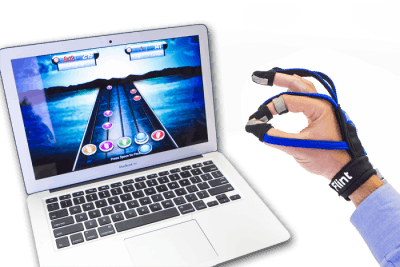
Posturing After Brain Injury: Types and Recovery Outlook
Abnormal posturing is a common outcome of severe brain injury. It refers to involuntary and abnormal positioning of the body due to preserved motor reflexes.

Abnormal posturing is a common outcome of severe brain injury. It refers to involuntary and abnormal positioning of the body due to preserved motor reflexes.

Contractures are a common secondary complication of brain injury. They limit joint movement and can interfere with activities of daily living. Without appropriate management, tight

A coma refers to a state of deep unconsciousness that can occur after a brain injury. When an individual is comatose, they do not show

Attention problems are a common secondary effect of brain injury. They can make it challenging to complete everyday tasks, maintain conversations, and affect your performance

Incontinence refers to the involuntary loss of bladder and/or bowel control. It is a common secondary effect of brain injury that can affect one’s independence

Aphasia is a communication disorder that affects one’s ability to produce or understand language. It is most commonly associated with damage to the left hemisphere,

Chronic traumatic encephalopathy (CTE) is a progressive neurological condition associated with repeated traumatic brain injuries. While it has gathered widespread attention because of its relation to

Post-traumatic cervical dystonia (also known as spasmodic torticollis) is a serious movement disorder that can occur after TBI. It’s a condition that causes the muscles

Emotional problems after traumatic brain injury can be complex secondary effects. A brain injury can cause a wide variety of emotions, from sudden anger to feeling

Breathing problems are a dangerous complication of traumatic brain injuries (TBI). They most commonly arise after an injury to the brain stem. To help you


Take the first step towards recovery.